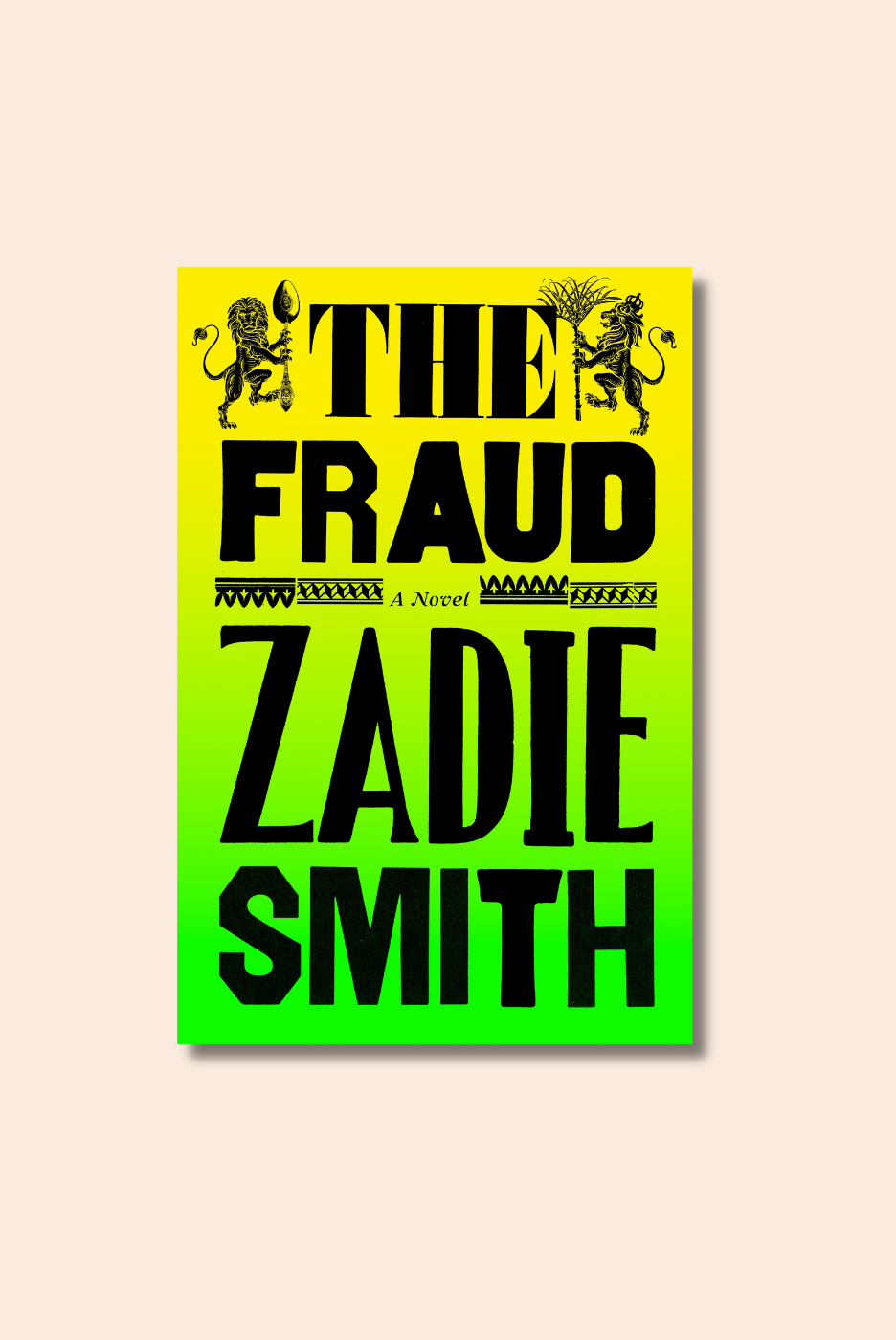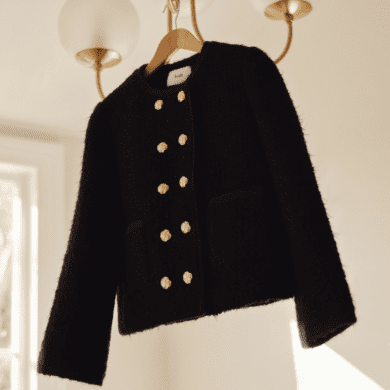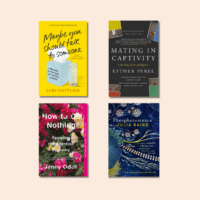If you’ve ever heard the words ‘historical fiction’ and thought ‘boring’, you are not alone. I myself love a literary trip back in time, but there is certainly an attitude amongst contemporary fiction purists that historical novels belong in the dreary, less sexy section of the library.
In fact, even literary darling Zadie Smith recently admitted to a prejudice against the form. In an article in The New Yorker, Smith explained that her preconceptions came from her student days when she thought of historical novels as “aesthetically and politically conservative by definition”. In other words: dull.
And so, it is very interesting that Smith’s sixth novel, a kaleidoscopically brilliant story about literature, justice, class and race, belongs firmly in the genre of historical fiction.
A kaleidoscopically brilliant story about literature, justice, class and race.
Apparently the White Teeth author did everything she could to avoid writing it but finally acquiesced, saying: “Any writer who lives in England for any length of time will sooner or later find herself writing a historical novel, whether she wants to or not”.
I, for one, am very glad she did. And I’m not alone in my gratitude. The Fraud releases next week and early reviews are already calling it a masterpiece.
Set in the late 19th century, The Fraud’s protagonist—a Scottish widow named Mrs. Eliza Touchet—is that classic Smithian character: inwardly sardonic, outwardly polite and deeply curious about the people who surround her, she spends her days in the countryside as the housekeeper, editor and sometimes lover of her cousin by marriage, William Ainsworth.
A once famous novelist who outsold the likes of Dickens, Ainsworth is no longer at the peak of his powers. (Touchet admits to now only reading his work “notionally, skipping over pages – whole chapters”.)
Smith has a lot of fun with Ainsworth whose “old age had only condensed and intensified his flaws” and whose writing was “hard to distinguish from the descriptions of a house agent”.
Touchet, Ainsworth, the rest of their household and all of Victorian England are captivated by the ‘Tichborne Trial’ – a real-life court case in which a lower-class butcher from Wagga Wagga (yes, our Wagga Wagga) claimed he was Sir Roger Tichborne and, therefore, the rightful heir of a sizable estate.
The prime witness in the case, Andrew Bogle, is an ex-slave who has spent most of his life as a servant to the Tichbornes. His own family history of growing up on the Hope Plantation in Jamaica is told within The Fraud and becomes a story within the story.
If that all sounds quite serious and, well, historic, let me explain that I laughed out loud at least every few pages. This is a comedy, make no mistake. A comedy that asks many serious questions including: What can we truly know of other people? How do we reconcile our own moralities within an immoral society? What is the point of the novel?
Smith is reckoning with her vocation and form as much as she is the moralities of Victorian England. “God preserve me from novel-writing,” Mrs. Touchet begs. “God preserve me from that tragic indulgence, that useless vanity, that blindness!”
And then later: “‘Oh, what does it matter what that man thinks of anything? He’s a novelist!’ Without meaning to, she had spoken in the same tone with which one might say He’s a child.”
And yet, novels and novel writing seem to be the means by which her characters, and also quite likely Smith herself, arrive at some sort of semblance of the truth. Although, who or what the eponymous fraud is becomes more and more complicated as the book goes on.
At times, the book’s structure feels uneven. Historical fiction asks enough of this reader without erratic time jumps thrown in the mix. But this is mostly forgiven on account of the expansive education of the heart you receive as you progress through this vast and engrossing novel.
So, put aside any judgements you might have about historical novels and button up your bonnet, because when Zadie Smith does historical fiction, it’s anything but dull.
Want more stories like this? Sign up to PRIMER’s free weekly newsletter!













No Comments